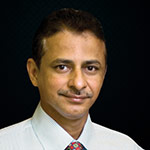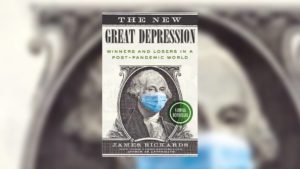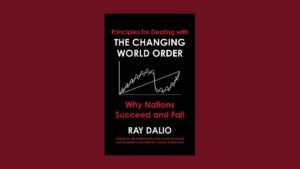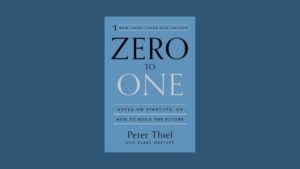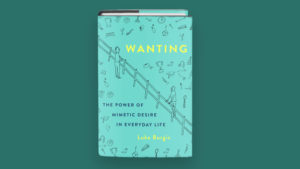R for Risk, Not Returns. Only the fools give and take this advice. Higher the risk only means higher risk, nothing else. The first stanza of the song by the Canadian singer Leonard Cohen written in 1988 portrays the bleak reality of affairs in every sphere of life, including the stock markets.
Everybody knows ……. the fight was fixed;
The poor stay poor, the rich get rich;
That’s how it goes; Everybody knows”
Make no mistakes. The stock market is indeed a risky and rigged venture of a volatile nature.
The past may have worked when it was present. Today’s past and even today’s present may not work in the future when the future manifests itself as a present. Past is a guide to the future, but the present is not modeled completely on the past. Certainly not at all the times for everything that is useful in life. Fascism, Marxism, Communism, Socialism, gold-based monetary system, Sterling and then the US Dollar as a reserve currency, iconic corporations – all products of the past that were once full of fury may no longer be relevant.
The present is always different, bigger, and monstrous than the past. So will be the future when it arrives as the present. Be aware that the investment strategy based only on the past, is no more reliable than the coin toss and can easily lead you to bankruptcy. For a strategy to be successful, it must continuously evolve as do the markets.
The eighth major axiom of The Zurich Axioms by Max Gunther urges you not to drag God in this risky endeavour, as He may care as much for you as for other seven billion people, as also the animals, fish, birds, butterflies and everything else on this planet. He makes no distinction of wagers and is not concerned about the size of your bank account.
How do you know that you are indeed getting the “Best Buy” when you buy a top-rated stock by a top-rated analyst? Often you find the stock price drops the very next day of your purchase. The trick in the stock market is that you can’t even ask for a refund or upgrade of a computer, mobile phone, or washing machine if the company came out with a new improved version. Just relate your experience with department stores when they announce end-season discount sales and put up the banner “Best Buy” before the stock lasts. The stock market is no different. Brokers have to sell what is in their “stock.” The only difference being that these lads and lasses are licensed with business management degrees, some even laced with a Ph.D. You may wish to call this cunning as brokers won’t tell you when they were buying the stock.
There always is a contradiction between the interests and the values inculcated by education and sought to be imposed by the market regulator. That may not be fair. But then nothing is fair in life. Stocks could go down after you bought into them and they could go up after you sold short. Accept that as the reality in markets.
Upon close scrutiny, the record of these self-styled stock market Nostradamus isn’t any great than yours or mine. Most of them have unfailingly failed to foresee the future or generally predicted the opposite. Nobody can predict human behaviour correctly, more so in crazy stock markets. The years and decades in the past have consistently proved the prophets wrong by wide margins.
Economists, oracles, and shamans live by the principle: “If you can’t forecast right, forecast frequently.” Something someday might work. Don’t recommend five or ten stocks. Such a small basket can be tracked easily by some brainy cynic. Recommend fifty stocks for Diwali, or still better, hundred stocks for the New Year and keep revising the estimates. Some will go right as some will definitely go wrong. Surprisingly, though not quite unexpectedly, they turn out to be right sometimes; that’s what makes them dangerous. In order to succeed, a trader must distrust them all.







